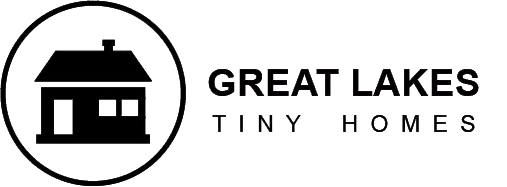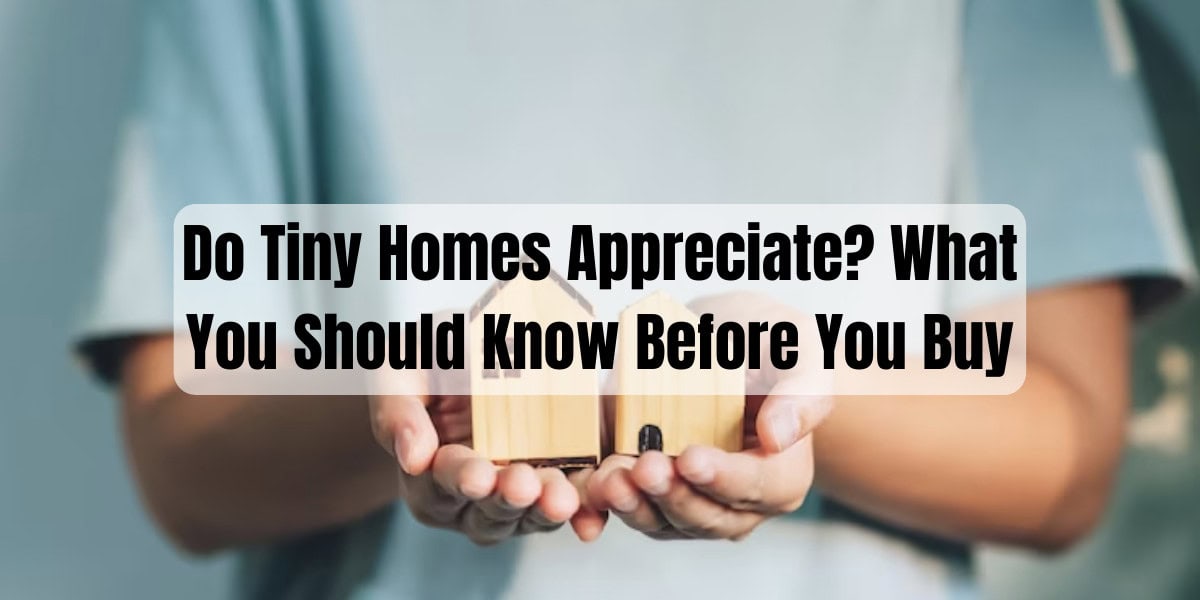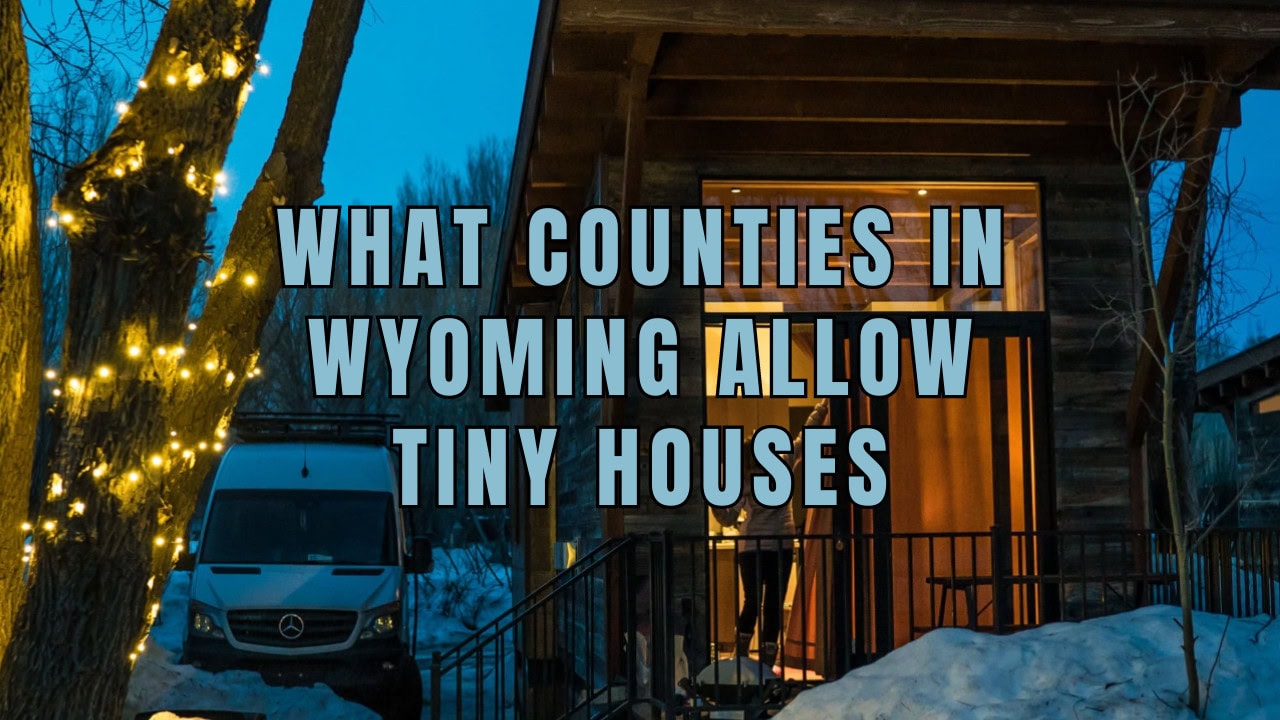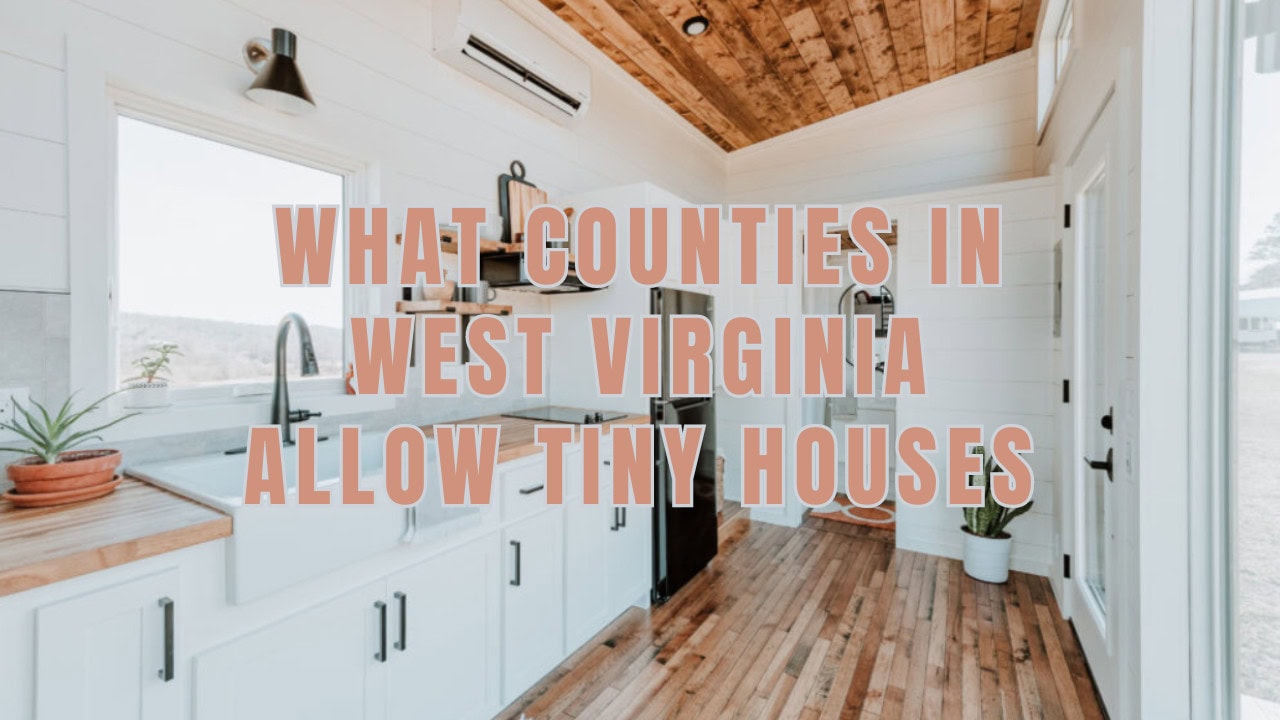Whatever name you give them—tiny homes, micro-homes, mini houses, or ultra-small structures—one thing is certain: When compared to the typical home, these tiny, off-grid, ecological homes offer many advantages.
They are a fantastic alternative to regularly constructed granny flats, a full-time living choice, or a place to stay for weekend vacations. But what about their resale value? Will you get your investment back if you decide to resell them later in life? Stay tuned to find out.
What Are Tiny Homes?
The tiny house movement is about returning to the core of existence by being satisfied with having only physical needs. The goal is to live as debt-free as possible while maintaining a healthy, sustainable lifestyle. As a result, the owner will have more time and money to invest in creating meaningful relationships and experiencing life-changing experiences rather than paying rent and other materialistic expenses.
According to real estate codes, a tiny house is any residence with a floor space of 400 square feet or less, excluding lofts. In general, a tiny house is a compact mobile home with a simple exterior.
Pros of Buying or Building A Tiny Home
More Freedom
A tiny house doesn’t need much land because of its modest footprint. Additionally, a lot of these homes are constructed on trailers so that their owners can transport them whenever they relocate to a new city. That is a popular approach for people to enjoy traveling without sacrificing all the creature amenities of home.
Bye-Bye Mortgages
Typically, smaller houses cost less. Earnest claims that because tiny house mortgages fall below the limit of borrowers they are ready to finance, mortgage lenders frequently do not provide them. That is because, unlike typical mortgages, these loans cannot be securitized, making it difficult for lenders to group them with other loans and offer them to investors as mortgage-backed securities. In other words, because these loans are difficult to come by, many people who own tiny homes cannot build them with a mortgage.
Low Maintenance
It only makes sense that a tiny house would cost less to maintain if it were less expensive to build. Simply put, there is less to fix, maintain, and clean, which results in significant time, energy, and financial savings for you. It is of the best things about owning a tiny house.
Even if it’s maintaining the cleaning, it will take far longer to do all the jobs in your four-bedroom home than it will to simply sweep your tiny home with the dust buster.
You won’t need to hire someone to do the task if you’re used to doing it yourself because most tiny homes can be cleaned up in a matter of minutes.
Saves Money
The ability to save money is one of the main advantages of a tiny house. You’ll pay less each month for rent, utilities, and maintenance because the living area is so much less than the typical house. Additionally, the upfront cost of purchasing or renting the home will be reduced.
Increased Rental Yield
Tiny residences tend to have greater rental yields since they have lower acquisition costs.
According to RealEstate, your net rental yield will be 5.6% if you spend $80,000 to buy a tiny house and rent it out 30 times every year for $150 each time.
When you purchase a home for $500,000 and rent it out for $390 per week, you generate a net yield of 4.1%.
Less Carbon Footprint
A tiny home requires much fewer building materials and requires much less energy to transport them. They will require less upkeep over their lifespan, which means fewer materials will be needed. Even the cleaning supplies have been drastically cut back.
You may maximize the sun’s energy by relocating your tiny home (and solar energy systems) according to the seasons. They are self-sufficient, producing their power and gathering their water.
Less space means fewer possessions and fewer consumables, less wasteful packing. Your influence on the environment decreases as your consumption decreases. Additionally, a tiny house occupies less area inside and outdoors, resulting in a reduced ecological footprint.
Drawbacks of Buying or Building A Tiny Home
Zoning Laws
State to state, and occasionally even within a single state, county to county, differing statutes and ordinances apply. That implies that locating a location where you can legally erect your little residence may need extensive research. Many jurisdictions consider these tiny houses to be RVs and won’t let you live on a property in a “vehicle” for longer than 30 days at a time.
Downsize Your Entire Life
You have a smaller living area in addition to less storage space. Although tiny homes are comfortable for a couple of people, a family can find them a little cramped. A lot less privacy is also present. Unless you have more outdoor space, you are restricted in the number of visitors you can invite.
Financing
Obtaining a loan is more difficult for people who can’t afford to buy or construct a tiny house outright than it is for other homebuyers. Because banks don’t believe they have enough value to serve as good collateral, it is too difficult to obtain a regular mortgage loan.
Tiny Houses Value in Real Estate: Appreciate or Depreciate?
If they are mobile homes, many people view them as vehicles, so they depreciate for the same reasons that cars do. The value of your tiny house can change over time depending on location, wear, and other factors. Mobile homes are just as vulnerable to damage as recreational vehicles, and banks treat them similarly in how well their value holds.
Compared to the market for traditional family houses, the market for these homes is much smaller. If your house is designed to move around, its value will decline, and so will the truck you use to tow it. Your tiny home’s value won’t rise significantly, even if constructed on a permanent foundation, as it is determined by market demand.
Reselling Tiny Homes
The purchase of new tiny homes is increasing, but this doesn’t necessarily mean they can be resold quickly.
It’s important to remember that comparing an investment in a tiny house to one in a typical home is not precisely apples to apples. Especially if it’s on wheels or an RV.
The property on which the home increases in value, not the house itself. For all kinds of attributes, this is true.
If the value of the house is determined without consideration for the land, there will be depreciation.
That typically poses no issue for a typical home. But it is a significant issue for tiny houses.
Many tiny homes are cars, legally speaking, which lose value.
Since most shires consider tiny dwellings caravans, they will lose value over time. However, there are rare instances where their worth increase for specific characteristics, such as how it feels and looks inside and their decoration.
Why A Tiny Home May Decrease In Price
As we’ve already established, tiny homes are usually constructed as mobile structures that may move as needed rather than as permanent residences. That may take the form of wheels or a device that can be disassembled.
Many tiny houses are detached from the land they were built on to achieve this. It might be a long-term lease or a temporary parking spot. In either case, the value of the land has absolutely no bearing on the price of the house. It is not valued in the same way that the land can.
FAQs
Do Tiny Homes Pay Off Financially?
Not if you intend to use your tiny house purchase as a long-term investment. However, if you’re committed to downsizing and living small, go for it—but don’t anticipate any financial gains.
It’s acceptable if you require housing but aren’t prepared to purchase one.
It’s also OK if you want one because you favor minimalism or travel. However, don’t be shocked if your investment isn’t that small. Living in one can be troublesome. Make sure you’re up for the obstacles it will bring before investing your hard-earned money in building one.
How Much Are Tiny Homes Worth?
According to Rocket Mortgage, the average price of a tiny home is between $30,000 and $60,000, yet costs can reach as high as $150,000 if you want it with as much luxury as a big house.
If you borrow money to pay for your tiny home, you will also need to factor in the cost of the land and interest charges.
Is The Tiny Home Market On the Rise?
Several factors, including growing housing costs and a rise in demand from millennials and elders for more affordable living options, are projected to contribute to the rapid growth of the worldwide tiny home market. Northern America is expected to have the tiny home market’s quickest growth during the projection period, according to Technavio.
The Wrap-Up
When you relocate to a tiny house, there are compromises. These can include dealing with property and housing laws intended for typical residences.
Purchasing a tiny home involves several factors beyond just changing your lifestyle. If you are going after one but are considering selling it later in life, consider the challenges you may encounter.





